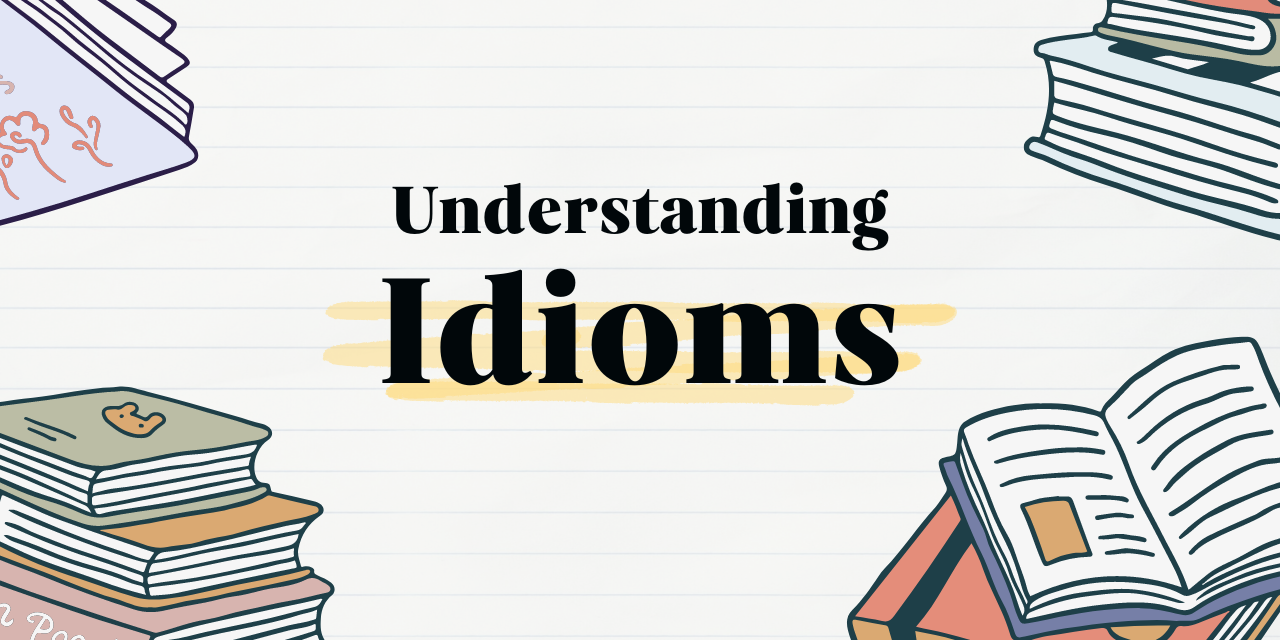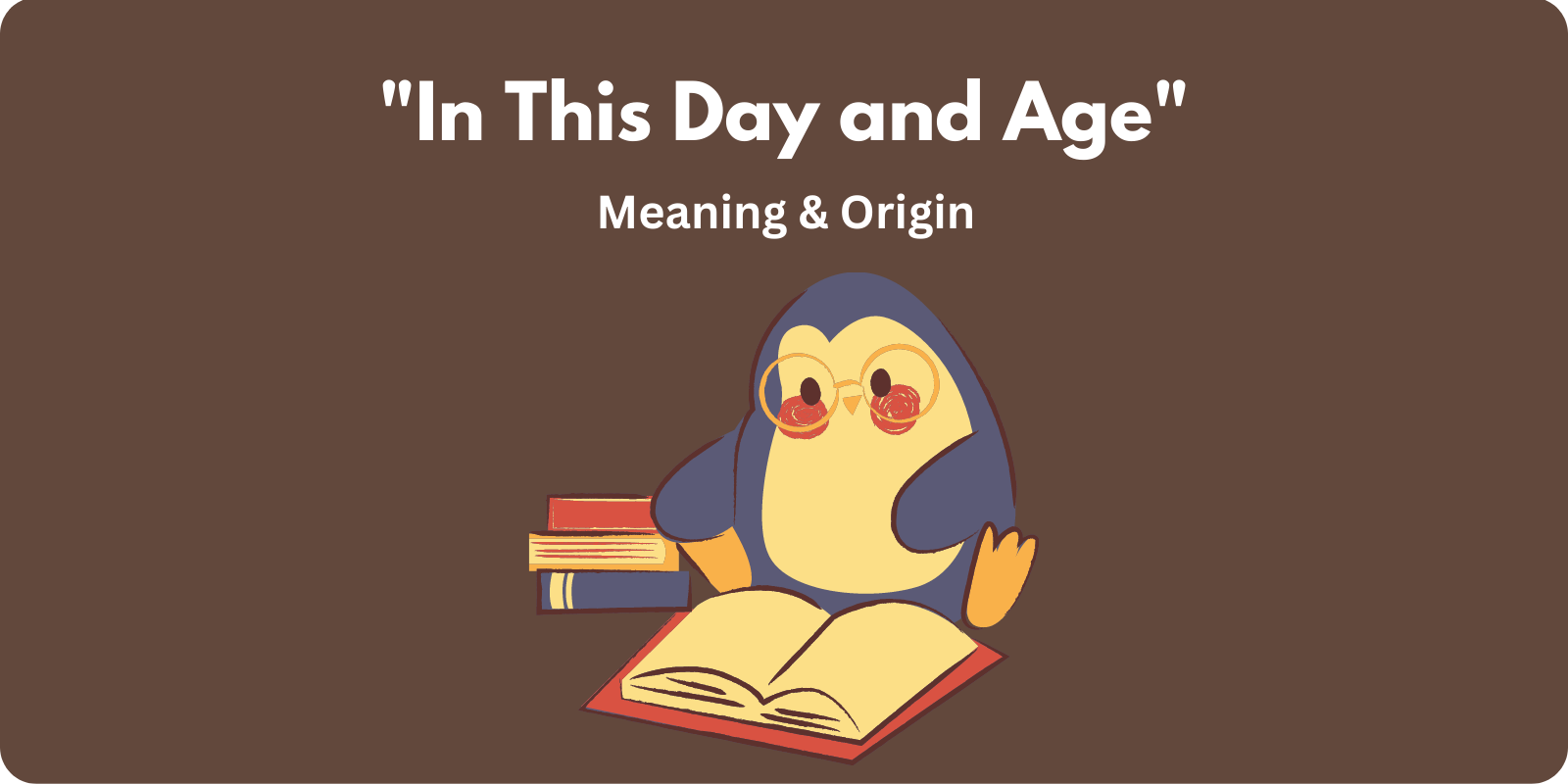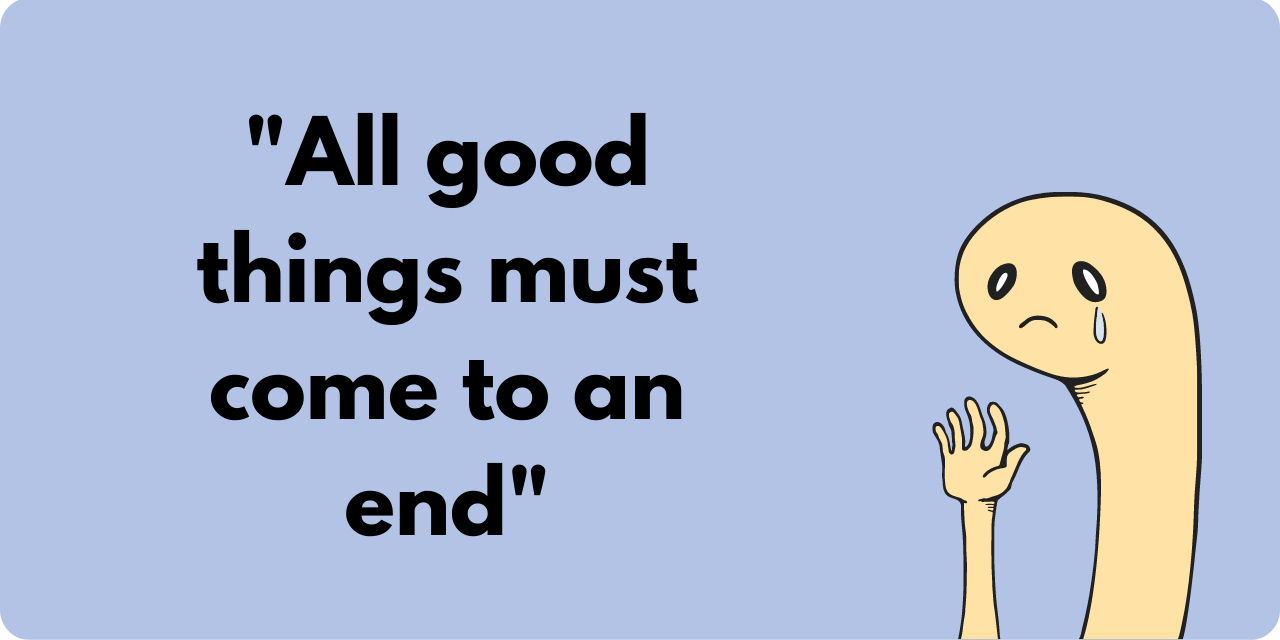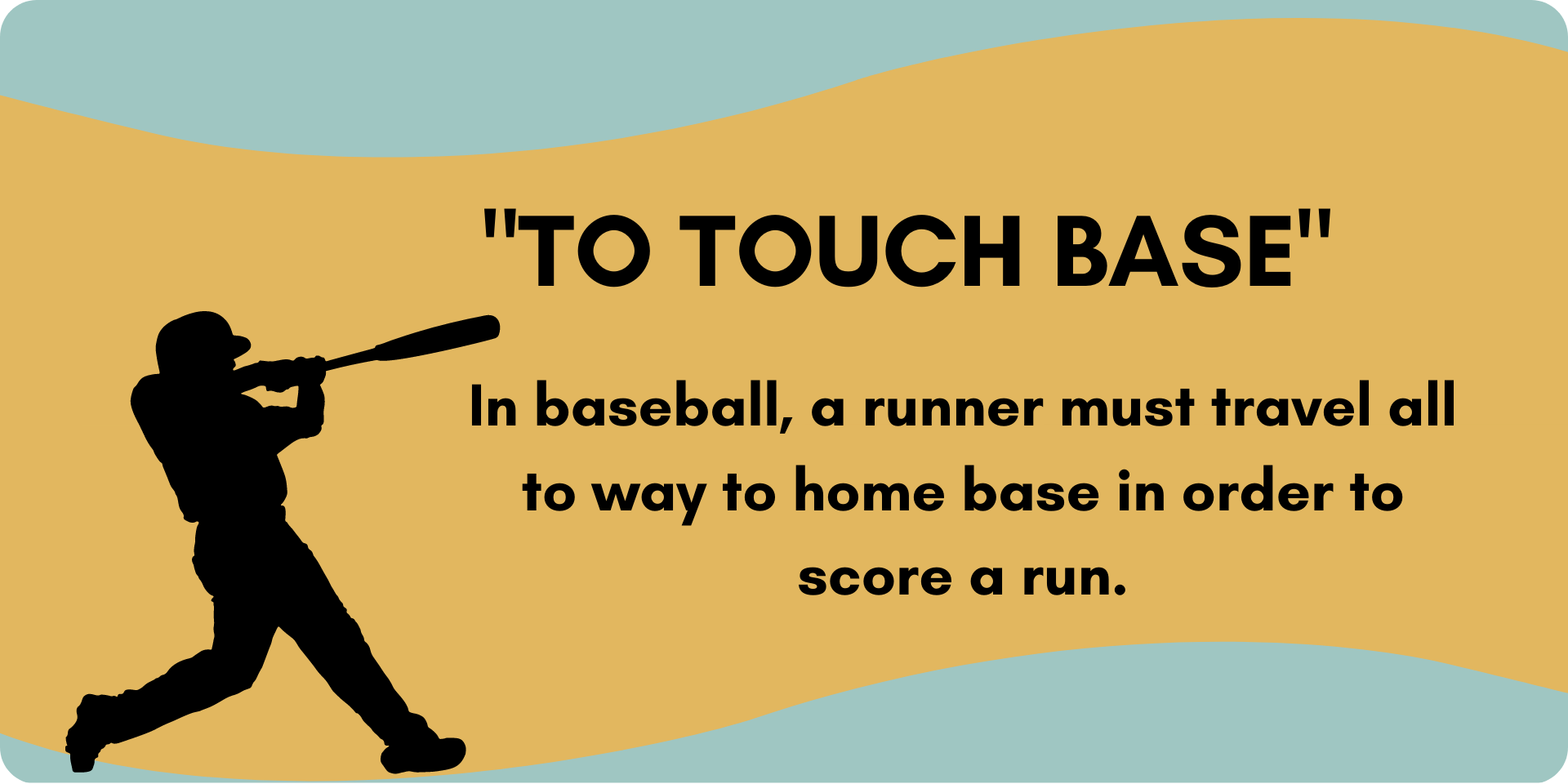As a teacher and writer, I have to watch my language. I check regularly to be sure I am communicating what I intend. That is why I looked up a phrase I have been hearing in a professional group I belong to. The phrase is “peanut gallery.”
As a member of the so-called “peanut gallery” who participates in teleseminars and a discussion forum, I am invited to share my professional opinion.
But is the peanut gallery an impressive place?
No.
According to my American Heritage College Dictionary, “peanut gallery” means “a group of people whose opinions are considered unimportant.” It is also “the hindmost or uppermost section of seating in a theater balcony, where the seats are cheapest.”
No, the peanut gallery is not the place to be. I’m going to talk to my professional peers and suggest we change our language. I’d rather be in the “expert circle.” Wouldn’t you?
If you are coming across phrases used in a way the speaker or writer does not intend, please share them. Let’s educate one another!






